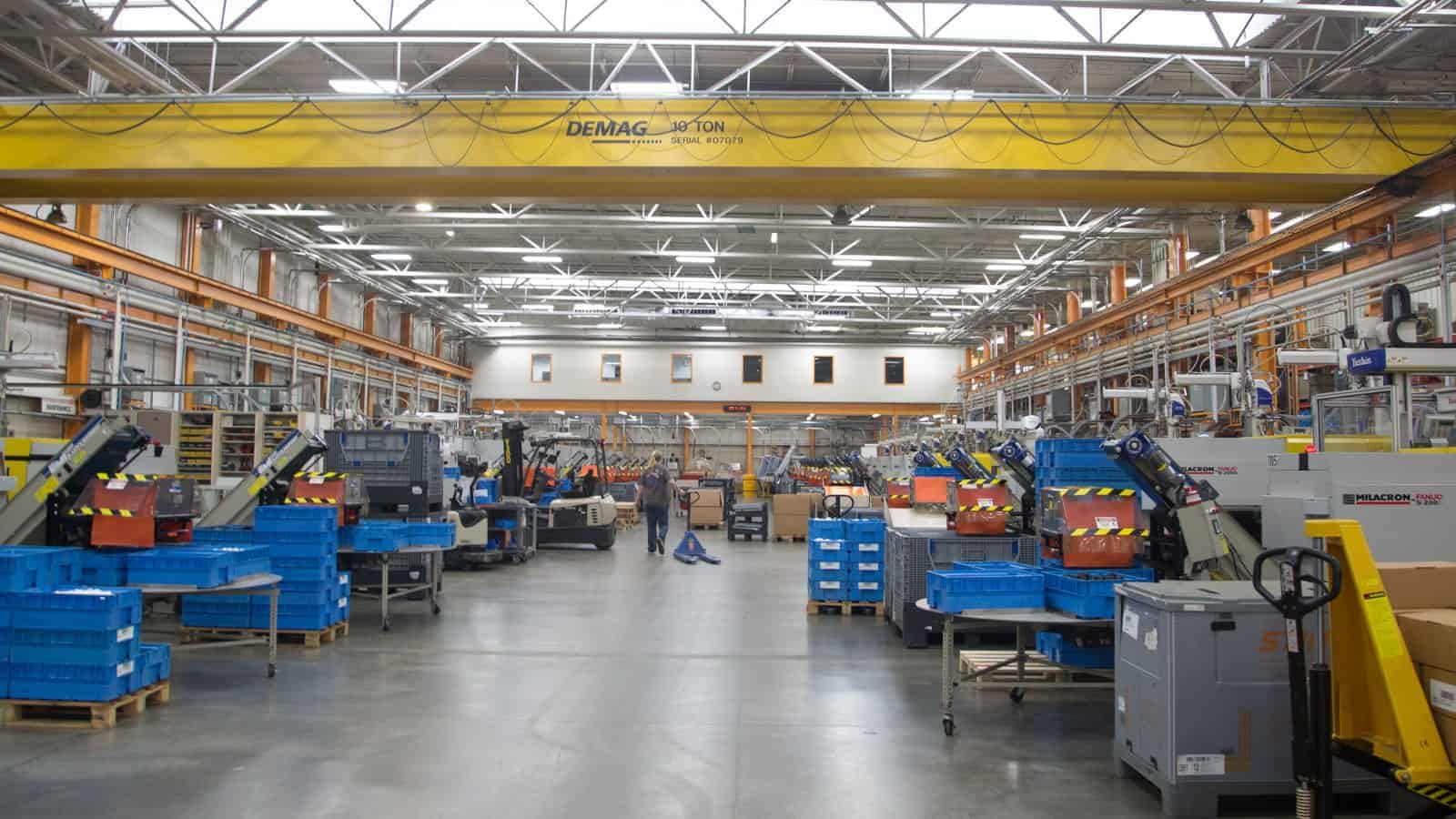H-1B Ruling Win for Hundreds of Thousands of Workers
NAM’s Kelly: “We need high-skilled innovators now more than ever”
Washington, D.C. – National Association of Manufacturers Senior Vice President, General Counsel and Corporate Secretary Linda Kelly released the following statement on the U.S. District Court for the Northern District of California’s order to strike down the Trump administration’s recent changes to the H-1B visa program:
“This ruling is a win for the hundreds of thousands of American-based workers who are essential to the recovery and renewal of our industry and our economy. We need high-skilled innovators now more than ever, and the administration’s attempt to rush these rules forward without properly considering their impact on thousands of people on the front lines of developing vaccines and treatments and making critical supplies, as well as saving lives in our hospitals, could have devastating consequences at a critical moment in our history. We’re pleased that the court’s decision recognizes the critical role the H-1B program plays in our manufacturing economy.”
-NAM-
The National Association of Manufacturers is the largest manufacturing association in the United States, representing small and large manufacturers in every industrial sector and in all 50 states. Manufacturing employs more than 12.2 million men and women, contributes $2.35 trillion to the U.S. economy annually and has the largest economic multiplier of any major sector and accounts for 62% of private-sector research and development. The NAM is the powerful voice of the manufacturing community and the leading advocate for a policy agenda that helps manufacturers compete in the global economy and create jobs across the United States. For more information about the NAM or to follow us on Twitter and Facebook, please visit www.nam.org.
Remember the Regulators
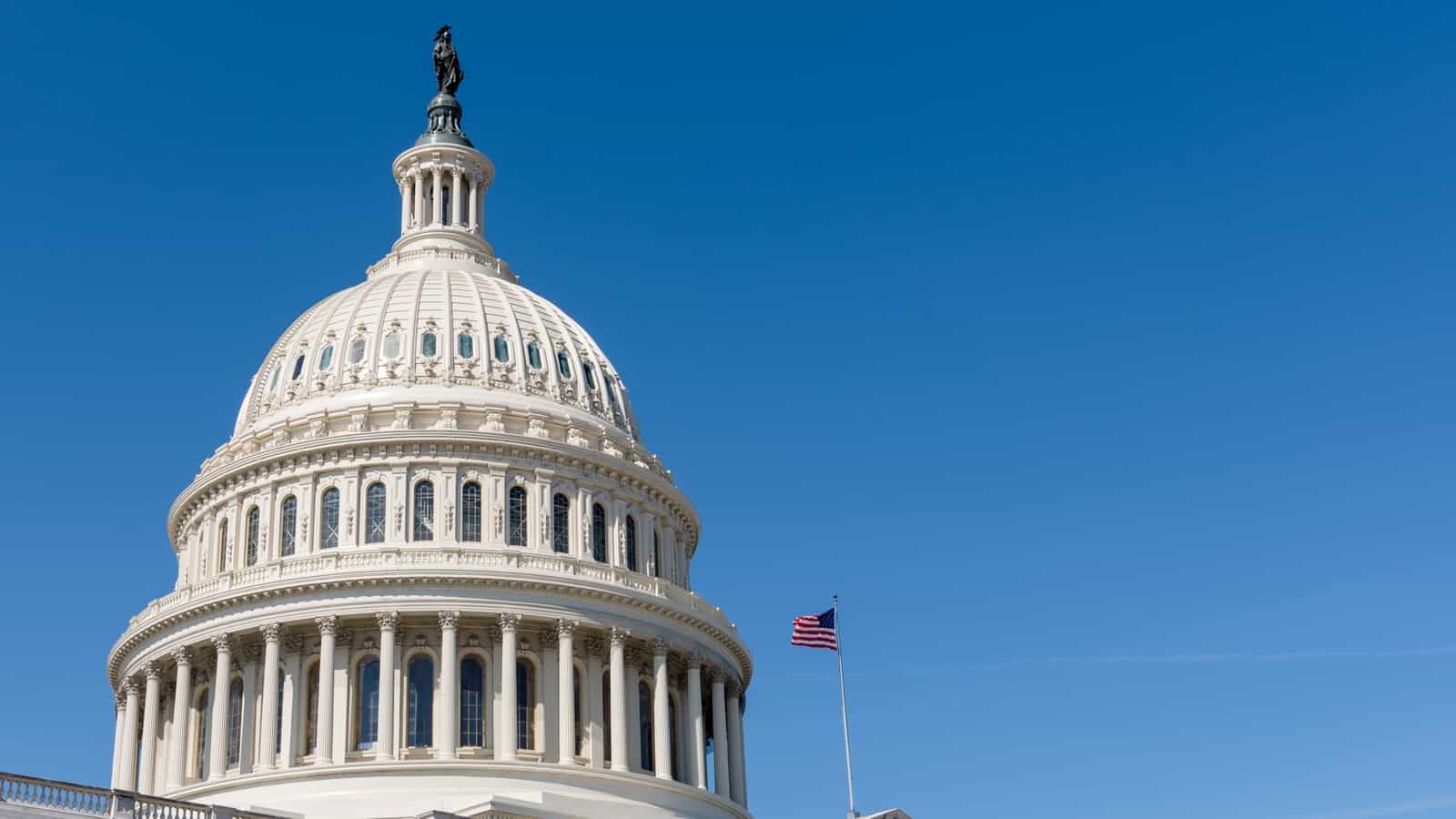
While everyone is talking about the election results, let’s not forget about the slow and steady slog for better government—by which we mean, a stable and predictable regulatory system that encourages manufacturing growth instead of hampering it.
Recently, NAM President and CEO Jay Timmons made the case for government-wide regulatory reform in a letter to the House Committee on Oversight and Reform. Here’s what he had to say.
The numbers: If you had any doubts that manufacturers pay a lot for regulatory compliance, lay them to rest:
- “On average, manufacturers pay $19,564 per employee to comply with federal regulations, or nearly double the $9,991 per employee costs borne by all firms as a whole.”
- “This burden falls heavily on small businesses; of the 248,039 firms in the manufacturing sector in 2017, all but 3,914 had fewer than 500 employees, with three-quarters of these firms having fewer than 20 employees.”
- “For the smallest firms (i.e., those with fewer than 50 employees), regulatory costs equal $34,671 per employee.”
A recap: Timmons also reminded the House that many of the NAM’s regulatory recommendations have already become policy—and that it’s working just as hard to support manufacturers during the COVID-19 pandemic.
- In 2017, the NAM submitted a list of 132 suggested reforms to the Trump administration—and since then, 89% of those suggestions have been addressed or adopted.
- In April of this year, the NAM released the “American Renewal Action Plan,” which included regulatory proposals designed to strengthen America’s response to COVID-19 and ensure manufacturers are poised to lead the recovery and renewal of the American economy. Dozens of these proposals have also been adopted—and the NAM is working on more.
What’s next: Timmons’ letter came with a list of proposals for further reforms, which will support manufacturers while benefitting consumers and protecting our environment. These include:
- Modernizing the Administrative Procedure Act, which governs federal rulemaking;
- Providing clarity on the difference between legally binding rules and nonbinding guidance;
- Ensuring that regulatory enforcement and adjudication is fair, efficient and transparent;
- Tackling the growing trade of dangerous counterfeits and other illicit goods; and
- Addressing international regulatory burdens.
The last word: “These proposals serve as a roadmap to smart regulation,” said NAM Director of Regulatory Policy Graham Owens. “These bipartisan measures would create a more effective and efficient regulatory system better equipped to protect worker safety, public health and our environment—while providing manufacturers with the regulatory certainty and uniformity necessary to unleash our country’s economic potential.”
You can read the full letter—and the entire list of recommendations—here.
NAM Joins Lawsuit to Defend SEC Victory

The NAM is intervening in a lawsuit to help the Securities and Exchange Commission defend a hard-won SEC rule that protects manufacturers and increases oversight of proxy advisory firms.
The background: Investment advisers and fund managers can vote on the policies of companies in which their funds invest. These fund managers often turn for assistance to proxy advisory firms, which recommend which way to vote. The problem is that proxy advisory firms have never been subject to SEC oversight, and as a result, their work has relied on questionable methodologies and ignored conflicts of interest—often causing problems for manufacturers and their shareholders.
The win: After years of NAM advocacy, the SEC approved a landmark rule to regulate proxy advisory firms and increase transparency about the firms’ conflicts of interests and one-size-fits-all methodologies. This was a big victory for the NAM and for manufacturers nationwide.
The lawsuit: Now, proxy advisory firm Institutional Shareholder Services has sued the SEC to stop the rule from going into effect—and the NAM is stepping in to protect the progress it’s made.
- What we’re doing: The NAM is filing a motion to intervene in the case—which essentially means that, if the motion is granted, it will become a party to the lawsuit, mounting its own defense of the rule in court and participating on the same schedule as the SEC. By taking on the role of intervenor, the NAM will be better able to protect members’ interests and ensure the court understands why the rule is vital to manufacturers.
The bottom line: “The SEC’s rule on proxy advisory firms wasn’t just a victory for the NAM; it was a victory for accountability and transparency, and a victory for manufacturers across the country,” said NAM Senior Litigation Counsel Erica Klenicki. “We are committed to defending this rule in court to ensure that manufacturers’ voices are heard and that manufacturers and manufacturing workers have the protection and support they deserve.”
NAM Fights Efforts to Weaken Oversight of Proxy Advisory Firms
Washington, D.C. – The National Association of Manufacturers filed a motion to intervene in the lawsuit brought by Institutional Shareholder Services against the Securities and Exchange Commission on a recent rule that increases transparency and accountability for so-called “proxy advisory firms.” The NAM is seeking intervenor status to defend the SEC’s rulemaking and to protect publicly traded manufacturers from proxy firms’ conflicts of interest and outsized impact on corporate governance.
“The NAM strongly supported the SEC’s recent rule increasing oversight of proxy advisory firms—a targeted, well-reasoned regulatory solution to a problem that has impacted manufacturers and investors for years,” said NAM Senior Vice President and General Counsel Linda Kelly. “The SEC’s deliberate approach to this issue has resulted in vital reforms that will provide manufacturers and their shareholders with more information about these unregulated actors, and the NAM plans to vigorously defend the rule in court.”
Background: The NAM has long advocated increased oversight of proxy advisory firms—little-known, unregulated entities that exert enormous influence over publicly traded manufacturers. These firms have significant conflicts of interest and issue error-filled, one-size-fits-all proxy voting recommendations that can impact the direction of a business and the value of an investor’s shares. The NAM filed comment with the SEC supporting its proposed rule to provide for increased transparency and accountability, and NAM President and CEO Jay Timmons called the final rule, issued in July, a “long-sought, major win for the industry and millions of manufacturing workers.”
-NAM-
The National Association of Manufacturers is the largest manufacturing association in the United States, representing small and large manufacturers in every industrial sector and in all 50 states. Manufacturing employs more than 12.2 million men and women, contributes $2.05 trillion to the U.S. economy annually, has the largest economic multiplier of any major sector and accounts for 62% of private-sector research and development. The NAM is the powerful voice of the manufacturing community and the leading advocate for a policy agenda that helps manufacturers compete in the global economy and create jobs across the United States. For more information about the NAM or to follow us on Twitter and Facebook, please visit nam.org.
“Take-Home” COVID-19 Lawsuits Could Be Costly

Companies with COVID-19 outbreaks could be vulnerable to costly lawsuits over workers’ transmission of the virus to their families, Reuters reports.
- Roughly 7% to 9% of COVID-19 deaths in the U.S. are believed to be “take-home infections,” where someone contracted the disease at work and then infects family members at home.
- Praedicat, a firm that evaluates risks for insurance companies, calculates that these types of lawsuits could cost companies as much as $21 billion if the number of U.S. COVID-19 deaths reaches 300,000.
As we explained back in July, a number of COVID-19 liability lawsuits are likely to be brought forward over the next two to five years, and the flood of COVID-19 litigation isn’t expected to begin until spring 2022.
More to the story: The NAM prevailed on Senate leaders—and the bipartisan Problem Solvers Caucus—to include key liability protections in draft COVID-19 relief legislation, while its efforts with manufacturing association partners continue to yield advances in many states.
The SEC Brings Sense to the Proxy Process
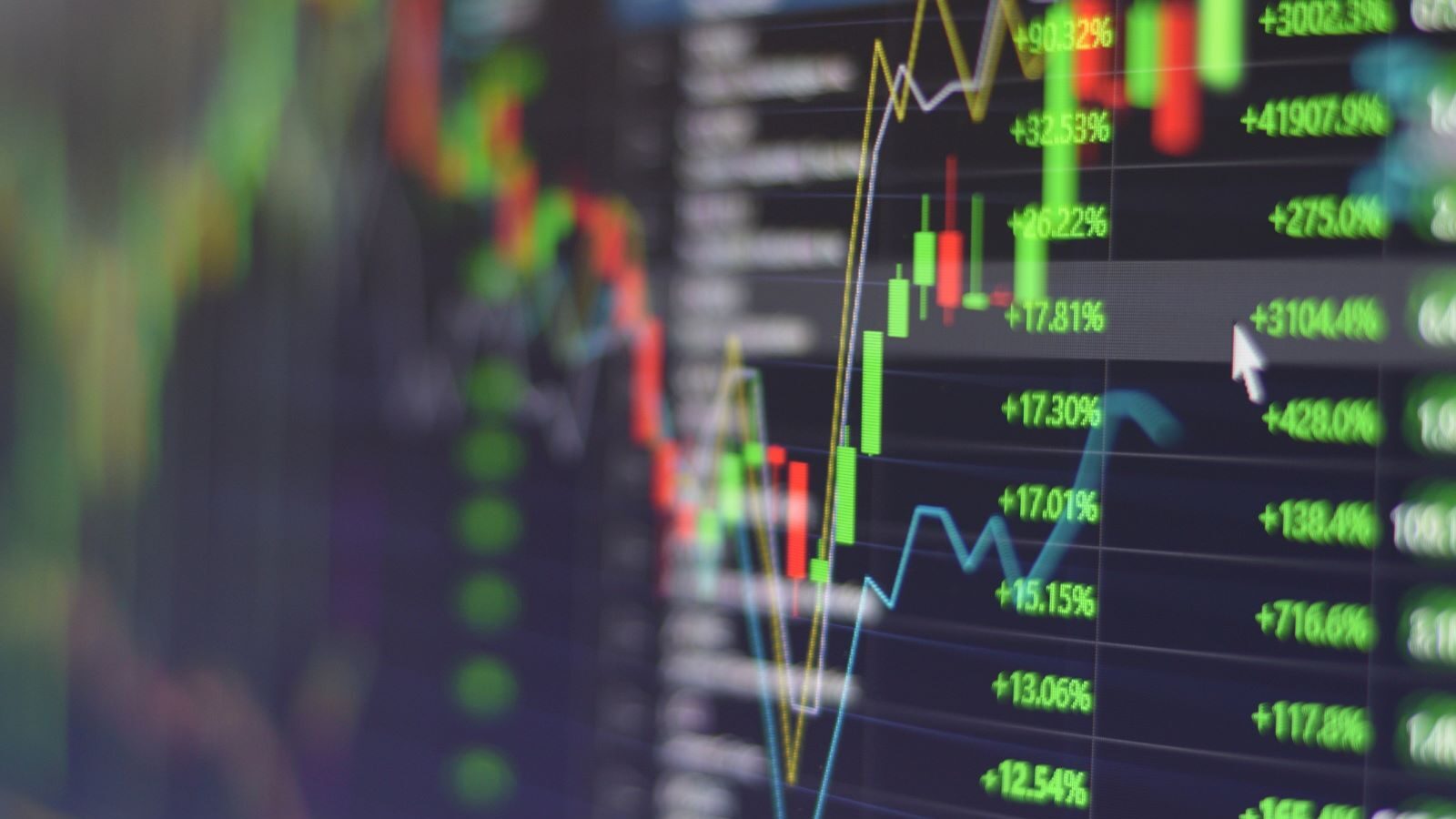
The Securities and Exchange Commission changed an important standard for publicly traded companies today—the amount of stock that a shareholder must have to put proposals on the proxy ballot (which the full shareholder base votes on every year).
It might sound like a small thing, but this “threshold” is a big deal. NAM Director of Tax and Domestic Economic Policy Charles Crain broke it down in a recent interview.
The previous standard: Previously, any shareholder holding $2,000 in stock for one year could put a question on the ballot, Crain explains. Since that’s a relatively low number, activists would go to dozens of companies and buy $2,000 of stock at each—not because they were interested in the companies’ performance, but because they wanted a platform on which to debate political issues.
Here’s a data point that illustrates the extent of the problem: In 2019, just three people sponsored 38% of all shareholder proposals at Fortune 250 companies, Crain says.
The resubmission problem: Once something was on the proxy ballot, it was also easy to resubmit it the following year, adds Crain. A ballot question only needed 3% support among shareholders to stay on the ballot for a second year. If it was voted down a second time, it had to get 6% to move forward the next year and just 10% after that. “Ninety percent of shareholders could reject a measure forever, and it could still get resubmitted every year,” Crain says.
What’s changed? The SEC’s new rule creates tiered thresholds, which will give more power to long-term shareholders.
- To submit a proposal after holding stock for just one year, an investor now needs to hold $25,000 in stock.
- If an investor holds stock for two years, the threshold drops to $15,000.
- If an investor holds stock for three years, it drops to $2,000.
The rule also changes resubmission thresholds to 5% after one vote, 15% after two votes and 25% after three votes to keep a failing question on the ballot in consecutive years. Some measures take time to gain support, and the rule allows for that while taking a more commonsense approach, Crain says.
Why it matters: Holding repeated proxy votes can be time- and resource-intensive for companies, says Crain, and politically motivated proposals distract businesses and investors from the real issues that drive long-term value creation for shareholders.
The NAM’s actions: Crain says, “The NAM has called for proxy reforms for years, and we’ve engaged with both Congress and the SEC to highlight the need to modify the proxy ballot thresholds. Last November, NAM President and CEO Jay Timmons praised the SEC for proposing a rule to combat activists that ‘pressure manufacturers to focus on political issues at the expense of company growth,’ and our comments on the proposal helped lead to today’s final rule. We’ve pushed for this outcome for years—and we’re glad the SEC has come down on the right side.”
Trump Threatens Executive Actions for COVID-19 Relief
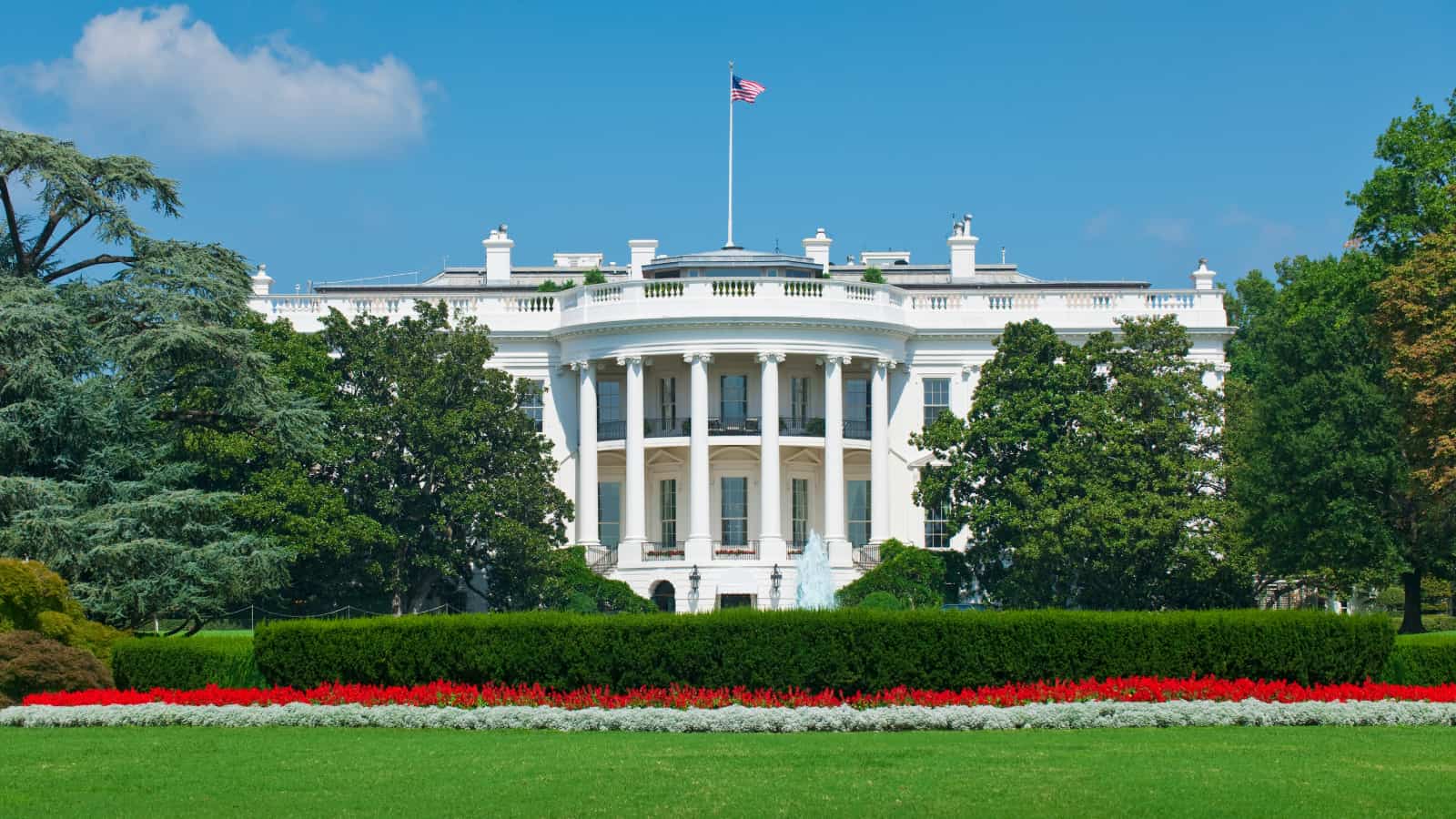
President Trump threatened to use executive actions if Republicans and Democrats can’t reach a deal on the next round of stimulus, reports The Washington Post (subscription). How much he can accomplish unilaterally is unclear, however.
What he said: “We’re negotiating right now as we speak, and we’ll see how that works out,” Trump said. “In the meantime, my administration is exploring executive actions to provide protections against eviction . . . . As well as additional relief to those who are unemployed as a result of the virus. Very importantly, I’m also looking at a term-limited suspension of the payroll tax.”
Meanwhile, on Capitol Hill: Democrats and Republicans intended to come to a deal by the end of this week. The latest word is that it will happen “in the near future,” according to Senate Majority Leader Mitch McConnell.
NAM connection: The NAM has been urging Congress to include liability protections in the next stimulus package. To that end, it organized a “Day of Action” yesterday on social media, calling for “commonsense protection from opportunistic lawsuits in order to fuel our recovery and help creators respond to this crisis.” A range of groups and organizations participated in the Day of Action, including the Minnesota Chamber of Commerce, the Michigan Manufacturers Association and the Illinois Manufacturers’ Association.
How to Measure the Threat of Liability Lawsuits

How many lawsuits have been filed over alleged COVID-19 exposure at businesses? That’s not the real question, say the NAM’s legal experts. The real question is: how many will be filed over the next three to five years?
A recent legal analysis shows that only 5% of lawsuits filed since March fall into the category of COVID-19 liability—but don’t be misled by that, says NAM Vice President of Legal and Deputy General Counsel Patrick Hedren.
Here are some pertinent facts to keep in mind:
- The vast majority of states have a two- or four-year statute of limitations period for bringing tort lawsuits.
- No state has a limitation of less than one year, and some allow lawsuits after four or even six years. Which means . . .
- The flood of COVID-19-exposure litigation isn’t expected until spring 2022 when these claims start to expire.
In other words, focusing on today’s numbers obscures a coming wave that could overwhelm businesses at a time when they can least afford it.
And here’s the case for targeted liability protections, says Hedren:
- Business leaders have been doing the best they can with the information they have in an evolving situation.
- Guidelines from the early days of the pandemic have been refined, rewritten and sometimes replaced.
- In many cases, local, state and federal guidelines have all conflicted with one another, creating a no-win situation for businesses that could face trouble no matter what they do.
The solution: Legislation offered by Senate Republicans—and vigorously pursued by the NAM—actually gives teeth to evolving safety measures by shielding businesses from liability if they make reasonable efforts to follow public health guidelines. (In many ways, it seems that Senate Majority Leader Mitch McConnell (R-KY) is reading from the NAM’s liability playbook.) If businesses engage in “gross negligence or willful misconduct that caused an actual exposure to coronavirus,” they remain open to lawsuits.
The last word: “The way to deal with safety is through thoughtful guidance that can stay fresh as the science evolves—not through a mess of court cases in thousands of jurisdictions across the country,” said Hedren. “Businesses across the country need commonsense liability protections that depend on adherence to safety standards, promote certainty and strengthen their ability to serve their community and the country.”
Manufacturers on SAFE TO WORK Act
Washington, D.C. – Manufacturers of all kinds have been called on to continue to operate as critical infrastructure to support our nation’s response to the COVID-19 crisis. For that reason, they risk becoming targets in a wave of COVID-19-related lawsuits or enforcement actions based on product liability, alleged workplace transmission and even Good Samaritan efforts. National Association of Manufacturers Senior Vice President and General Counsel Linda Kelly released this statement after lawmakers announced the Safeguarding America’s Frontline Employees To Offer Work Opportunities Required to Kickstart the Economy (SAFE TO WORK) Act:
“Throughout this crisis, we have seen clear bipartisan support for provisions like these that protect companies doing their very best to implement the latest guidance, even in a difficult and confusing environment. The SAFE TO WORK Act mirrors the liability recommendations proposed by manufacturers as part of our ‘American Renewal Action Plan’ in April.
“Importantly, the SAFE TO WORK Act also provides clear avenues for holding bad actors responsible for reckless behavior, while providing powerful incentives for all employers to do everything they can to prevent the spread of COVID-19. This is the type of thoughtful, responsible approach we need that will provide manufacturers and other frontline businesses with targeted protections limited only to the COVID-19 pandemic. It’s about supporting manufacturers that have risen to the challenge and supported our nation during this unprecedented crisis, finding solutions to make PPE for health care workers, to produce food and supplies for families and to develop vaccines and treatments for us all.”
NOTE: In April, manufacturers laid out their “Pandemic Liability Policy Recommendations” as part of the NAM’s “American Renewal Action Plan.”
-NAM-
The National Association of Manufacturers is the largest manufacturing association in the United States, representing small and large manufacturers in every industrial sector and in all 50 states. Manufacturing employs more than 11.7 million men and women, contributes $2.37 trillion to the U.S. economy annually and has the largest economic multiplier of any major sector and accounts for 63% of private-sector research and development. The NAM is the powerful voice of the manufacturing community and the leading advocate for a policy agenda that helps manufacturers compete in the global economy and create jobs across the United States. For more information about the NAM or to follow us on Twitter and Facebook, please visit www.nam.org.
Republicans Release $1 Trillion Stimulus Proposal
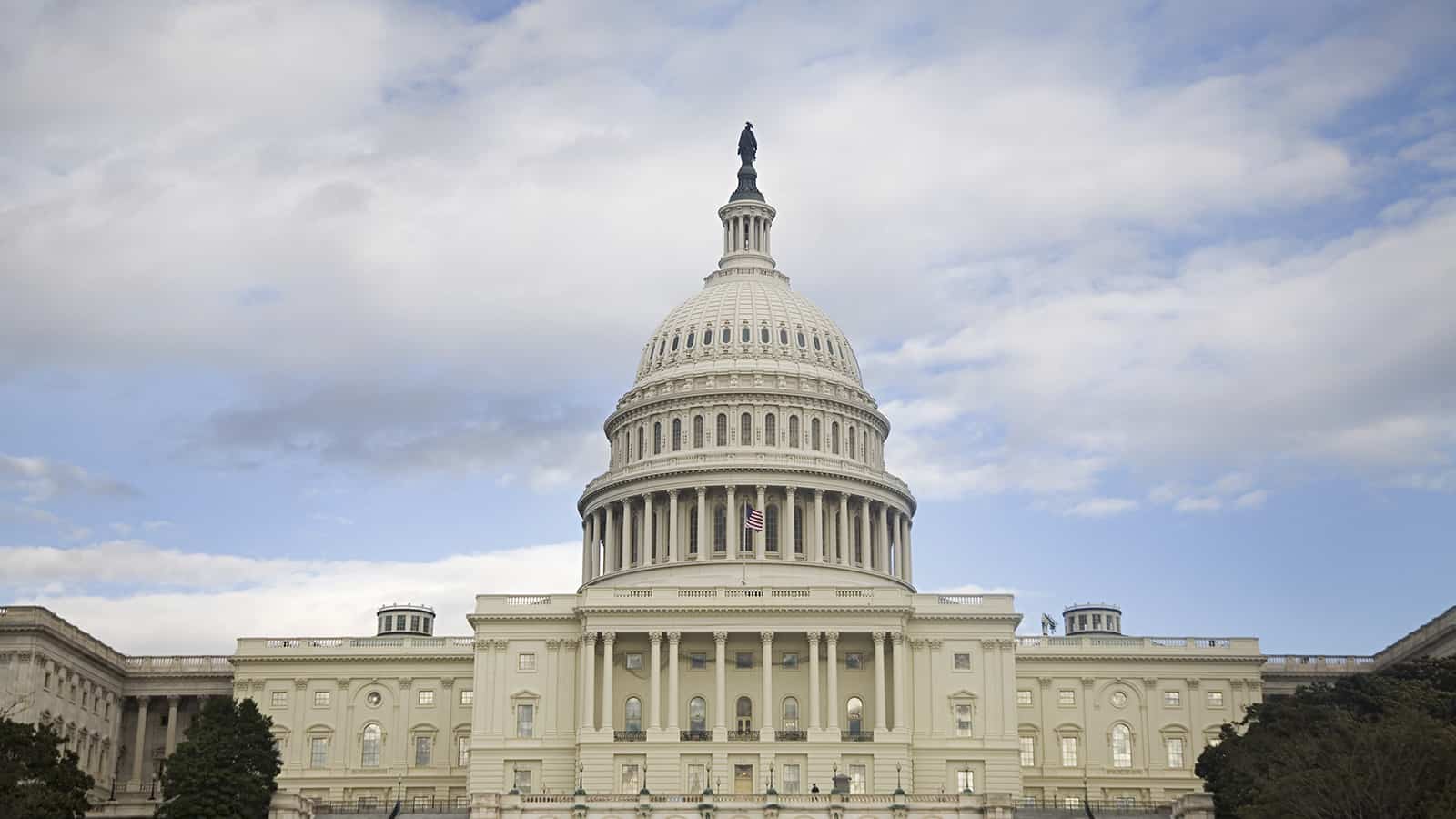
The next round of stimulus is in the works, with Senate Republicans releasing their proposal and Democrats meeting with White House officials yesterday, reports The Washington Post (subscription). Some highlights of the new proposal:
- Five-year COVID-19-related liability protections for businesses, health care providers and schools.
- $100 billion or more for the Paycheck Protection Program, which benefits small businesses.
- Another round of $1,200 checks for Americans and financial support for schools.
- A reduction in emergency employment benefits from $600 to $200 per week, until states can set up their own unemployment programs to pay 70% of income. (A reminder: the current benefits run out very soon.)
The NAM says: NAM Vice President of Government Relations Jordan Stoick points out some of the advantages of the plan for manufacturers:
- “Manufacturers were glad to see many of the priorities from our ‘American Renewal Action Plan’ included in this proposal, including targeted liability protections for manufacturers and other essential frontline businesses that have operated during the COVID-19 pandemic, and increased funding for the Paycheck Protection Program, which has provided critical liquidity for manufacturers.”
- “The proposal also includes more funding for testing as well as tax incentives for manufacturers that keep their employees on payroll during the COVID-19 pandemic and to help manufacturers invest in PPE and other safety measures to keep their facilities clean and their employees and customers safe.”
- “The NAM will remain fully engaged in the days ahead with members of the House and Senate to urge them to come together in a bipartisan way to finalize a plan that includes these important provisions.”
